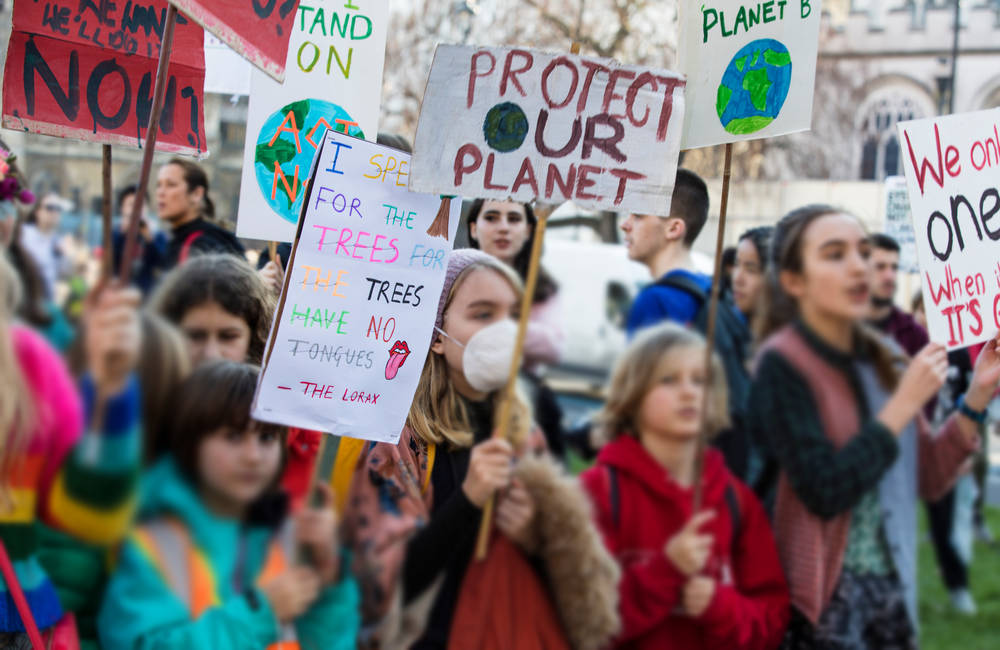
Official advisers have said the UK government must immediately set a legally binding target to cut greenhouse gas emissions to zero by 2050. The committee on Climate Change (CCC) saids doing this will be challenging, it means the end of petrol/diesel cars and gas boilers, less meat on plates and planting an estimated 1.5 billion trees.
A report said that if other countries follow the UK there is a 50-50 chance of staying below the 1.5C temperature rise by 2100. A rise of 1.5C is considered the doorway for dangerous climate change.
The CCC request for urgent action comes after Labour, Scottish National party and the Welsh assembly declared a climate emergency. This also follows a series of high profile protests by the Extinction Rebellion group and Greta Thunberg.

The UK is predicted to miss existing carbon targets in 2025 and 2030. The zero emissions will have to be hit in 2050. The zero emissions goal would fulfil the promise made by the UK when it signed the Paris agreement in 2015 to limit the rise in the global temperature to as close to 1.5C as possible.
The plan for zero emissions by 2050 means balancing carbon emissions with carbon removal, this means making a big decrease in CO2 being put in the atmosphere. Unavoidable emissions need to be caught and stored or offset by planting trees.
CCC believes that achieving zero emissions depends on low-carbon technologies and changes to industry and public behaviour.
Some of the recommendations for the public:
Waste
Biodegradable waste should not be sent to landfill after 2025. This means everyone would be required to separate the food waste from other rubbish. The report recommends reducing food waste as much as possible.
Meat
People can reduce their diet related emissions by 35 if they go from high-meat diet to a low-meat diet.
Home heating
The one recommendation by CCC is to turn the home thermostat to 19C in winter. This means homes will be needed to be insulated better. Some of us will use heat pumps and convert natural gas boilers to hydrogen ones.
Cars
The report says eventually we will be using electric cars. The government has set a target date of 2040 in which conventional car sales will be banned; the committee believes the deadline should be 2030.
There is a wide political support for the 2050 deadline to hit zero emissions with almost 200 MPs already in favour.
Michael Howard, a former Tory party leader and now a peer, said: “The science is clear – we must not shirk from this challenge, nor should we be afraid of it.”
Laurence Tubiana, who was France’s climate change ambassador when the Paris deal was sealed, said the CCC report was hugely important, adding: “I look forward to seeing many other countries in Europe, and beyond, follow suit.”
Many scientists backed the CCC report. Prof Paul Ekins of University College London said: “Hopefully it will lay to rest once and for all the misperception that deep decarbonisation is either impossibly difficult or impossibly expensive.”
But Prof Mark Maslin, also at UCL, said: “The zero-carbon target is essential, but the date of 2050 is too far in the future. The UK must adopt a 2030 zero-carbon target.”